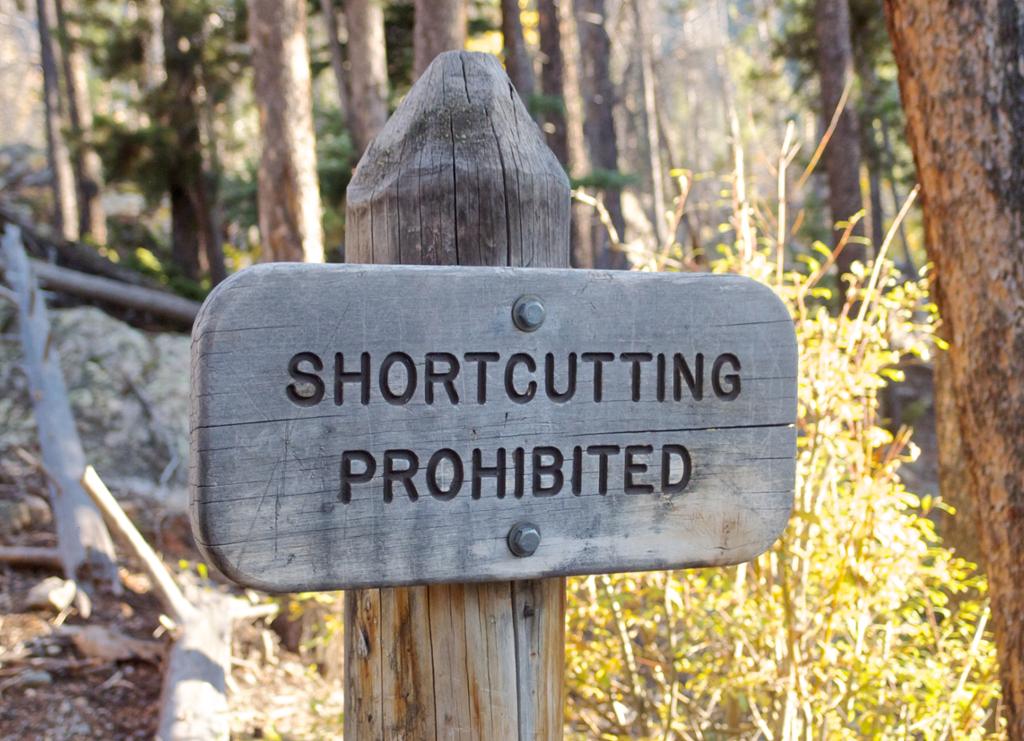Tasks: Academic Honesty - What's the Big Deal?
Watch the film before you move on to the questions below.
In your own words, how would you define the expression 'academic honesty'?
What does the film tell you about the consequences of academic dishonesty?
What is the difference between a primary, a secondary, and a tertiary source?
What would you look for in a high-quality source?
Is Wikipedia a good source? Why / why not?
You know that one of your classmates has cheated on the maths test. Would you report this person? Why / why not? How do you feel when others are cheating and nothing is done? How does this affect you?
In your opinion, how can we reduce cheating and plagiarism in schools and universities? What should the penalty for cheating and plagiarism be?
You do not have to cite your sources when the information is defined as common knowledge. But how can you determine what common knowledge is?
Finding trustworthy sources on the internet can be difficult, especially if the topic you are writing about is a bit controversial or divisive. If you were going to write a balanced text about abortion in the United States or the consequences of Brexit, what general qualities would you look for in a source? Is it at all possible to find unbiased sources?
What is self-plagiarism? Do an internet search and find out more about the rules for reusing work that you’ve previously submitted or published.
What is plagiarism and what is not? It can often be difficult to know exactly how to give credit to the original source.
In a speech to the National Union of Townswomen’s Guilds Conference (1965), Margaret Thatcher stated the following: “In politics, if you want anything said, ask a man. If you want anything done, ask a woman”.
Imagine that you are going to use this quote in a text, speech, or presentation. What would be the correct way to do this? Take a look at the cards and turn to find the answer.
Throughout history, there have been many examples of academic dishonesty in science. One particular case that took place in 1998 has affected millions of people.
Read the articles before you answer the questions.
From the Indian Journal of Psychiatry: The MMR vaccine and autism: Sensation, refutation, retraction, and fraud
From Encyclopedia of the Environment: A scientific fraud with tragic consequences: The MMR vaccine and autism
From Immunization Action Coalition: MMR Vaccine Does Not Cause Autism
Who was Andrew Wakefield?
What was his claim in the report that was published in The Lancet in 1998?
Why was he accused of academic dishonesty?
What did he stand to gain from his results?
What were the consequences of this report?
Where does the scientific community stand on this issue today?
Have you ever felt bad about cutting corners in school or in your private life? Write a personal text where you describe the situation.
What could be done to reduce cheating and plagiarising in schools today? If you are caught, what should the consequences be? Write a text where you discuss these questions.
“If I have seen further, it is by standing on the shoulders of giants.”
This is a famous quotation from the British scientist Isaac Newton (1642-1727).
Write a short text where you explain the true meaning behind this quote and why it is relevant when discussing the use of sources and academic honesty.

Relatert innhold
One of the greatest challenges when writing essays is how to use and cite your sources.